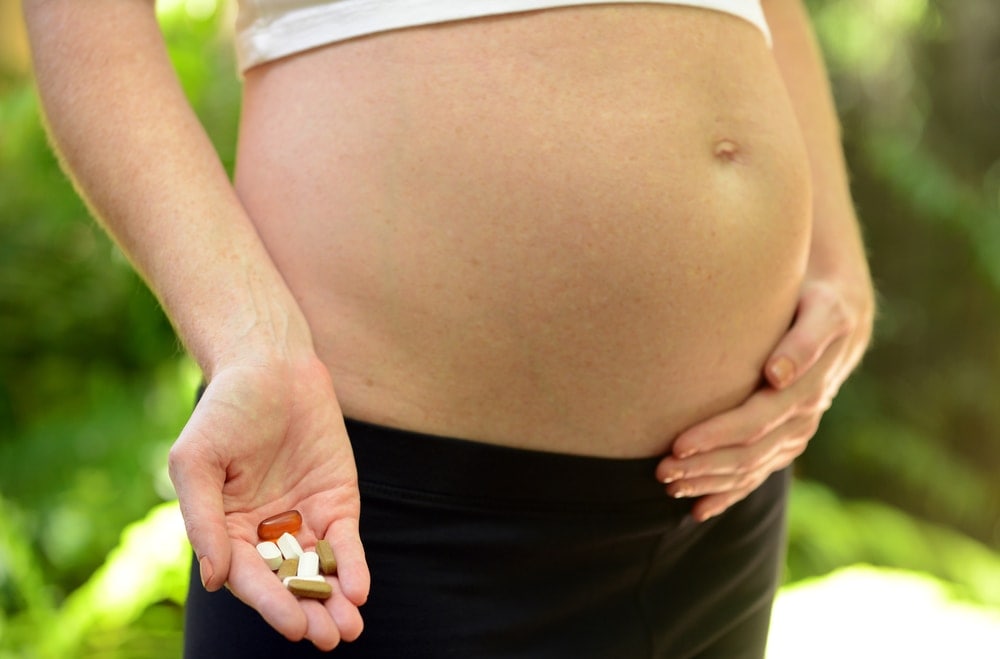Pregnancy gingivitis is an inflammation of the gums also known as swollen gums. Swollen gums during pregnancy may be sore and more susceptible to bleeding. Pregnancy gingivitis is caused by the hormonal changes that increase the blood flow to the gum tissue and cause your gums to be more sensitive, irritable, and swollen.
These hormonal changes also hinder the body’s normal response to bacteria which can cause periodontal infections. This makes it easier for plaque to build up on your teeth and makes you more susceptible to gingivitis. The severity of pregnancy gingivitis usually increases in the second trimester.
What can you do to manage your swollen gums during pregnancy?
Good dental care is essential during pregnancy. You should brush your teeth at least twice a day and floss at least once a day. A soft toothbrush may cause less irritation to your gums. You should also keep your scheduled professional cleanings and discuss any problems with your dentist.
If gingivitis is left unchecked it may lead to a more serious form of gum disease called periodontitis. Periodontitis during pregnancy increases the chance of preterm birth. The good news is that with good oral hygiene and routine professional cleanings, there should be nothing for you to worry about.
Here are a few things that you can do to manage swollen gums and have healthier oral hygiene:
- Have at least one oral checkup with your dentist during pregnancy.
- Use a daily or periodic warm salt water rinse (1 teaspoon:1 cup).
- Brush your teeth twice per day, especially after vomiting from morning sickness.
- Practice good nutrition.
Your gums usually return to normal following the delivery of your baby. The bleeding and sensitivity should diminish as well. Contact your dentist if swelling and irritation worsen during your pregnancy or continue after delivery.
Want to Know More?
Compiled using information from the following source:
Mayo Clinic Guide To A Healthy Pregnancy Harms, Roger W., M.D., et al, Part 3.






